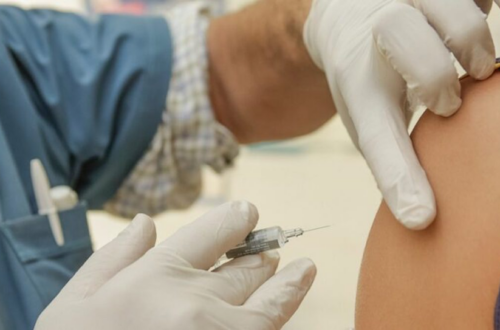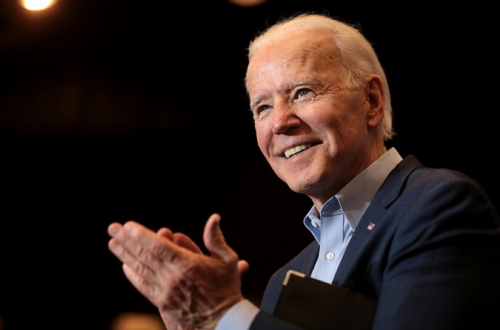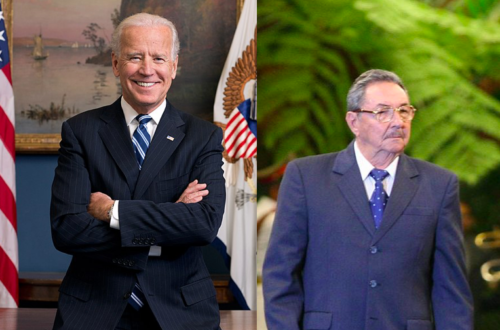As vaccinations across the country become more common and Americans become more excited to return to some sense of normalcy, safety regarding COVID-19 is still a heated discussion.
Recently, vaccine passports or accessible proof of holding strong immunity to COVID-19 has been on the rise, with many claiming that it could be the stepping stone to an easy transition out of the pandemic.
These vaccination passports would be used before entrance to various public areas such as movie theaters, concerts and cruise lines; and while many have claimed that the idea is the ticket to normalcy and should be adopted with unqualified approval, others worry about how this passport would affect their privacy.
“I’m just mixed on it, because I really value privacy… I think anything having to do with big government is dangerous, and I don’t want to give any of my information any more so than I already have, but I also want people to get vaccinated,” said Meghan McCain, co-host of The View.
Florida Gov. Ron DeSantis has expressed concern about an invasion of privacy if vaccine passports were enforced, going as far as to issue an executive order on May 3 that suspended all local COVID-19 emergency orders and barred businesses and schools from requiring proof of the COVID-19 vaccination by July 1.
The ban on vaccination passports is limited to COVID-19 vaccines only, as DeSantis claimed that schools and universities requiring proof of vaccination for viruses such as measles are an entirely different matter and thus will remain as is.
This ban seems to contradict the safety plans of many cruise lines, which plan to continue their mandate of requiring crew members and passengers to show proof of immunization.
Last February, the cruise line industry faced a public relations crisis when large ships like the Diamond Princess suffered a huge COVID-19 outbreak.
This led the Center for Disease Control and Prevention to issue a no-sail order at the beginning of last March, which was recently lifted due to cruise lines taking a huge hit to their profits.
According to the Cruise Lines International Association, the cruise industry played a role in contributing $9 billion to Florida’s economy and creating almost 160,000 jobs. However, when the pandemic hit, many of these jobs were furloughed due to the halt in operations.
To many in the cruise industry, proof of vaccination before boarding could restore the general public’s comfort in being around so many people for a prolonged period of time. Given that DeSantis’s ban could have negative impacts on cruise lines and their business, it appears as though the governor is backtracking from comments he made this March.
“The jobs are very, very important, and it’s not just people that work for the cruise industry… This has a ripple effect throughout all kinds of small businesses, mom-and-pop operations, that service the cruise industry,” said DeSantis at a roundtable featuring many cruise industry leaders.
However, DeSantis defended his executive order of banning these types of passports by citing the decline of the COVID-19 pandemic.
“We are no longer in a state of emergency. It does not need an emergency posture by local government,” DeSantis said.
Check out other recent articles from Florida Political Review here.
Featured Image: COVID-19 Vaccine. Unmodified photo by U.S. Secretary of Defense used under a Creative Commons license. (https://bit.ly/3dHy8xT)





